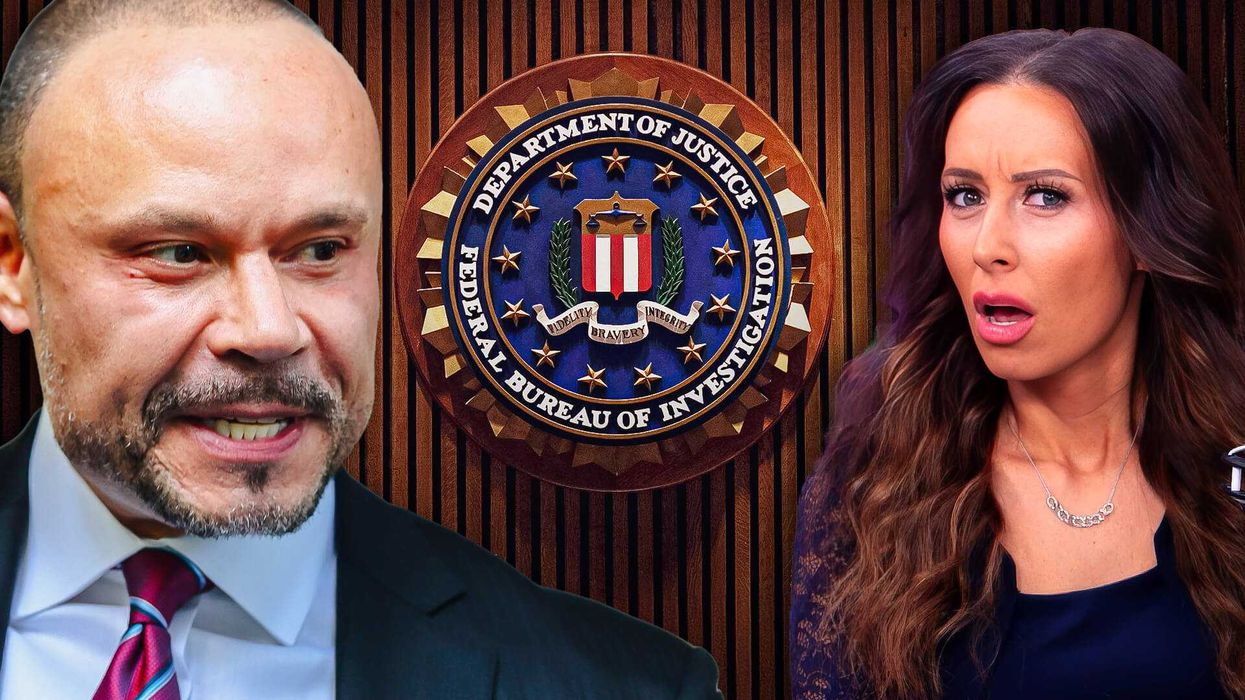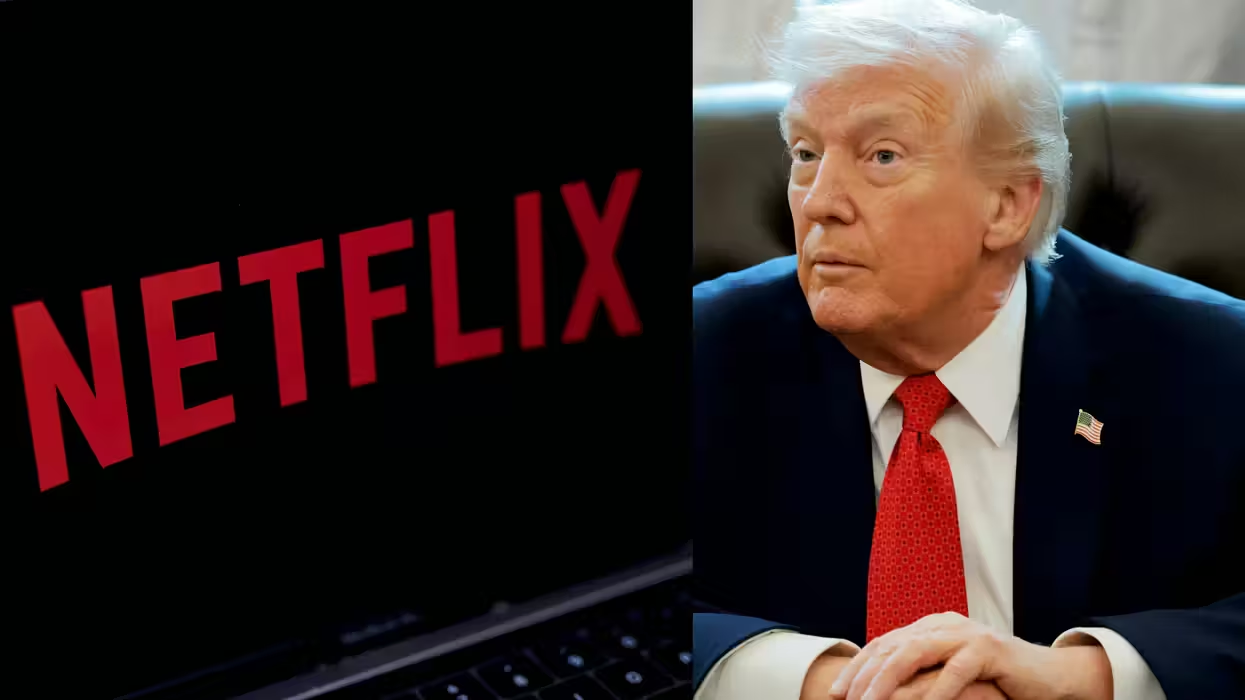NSA whistleblower Diane Roark -- one of the few who have been speaking out on the issue for years -- appeared on Glenn Beck's radio program Tuesday to weigh in on Representative Michele Bachmann's (R-MN) recent defense of the NSA's data-collecting policies on Beck's radio program.
Beck reiterated multiple times that he still has deep respect for the congresswoman, adding that he believes she is looking at the issue from the standpoint of national security, and that she has more information on those threats than he does.
To better understand Bachmann's position, Beck asked Roark - who was on the professional staff of the House Intelligence Committee for 17 years - to give her take on the issue. The whistleblower highlighted her concerns on radio, but also sent Beck a point-by-point email ahead of the show, which TheBlaze has obtained.
Roark tackled issues from the constitutionality of the program to what she described as deceptive wordplay utilized by lawmakers to mislead the public.
For those of you who missed Beck's interview with Bachmann, you can watch it here:
[mlbvideo content_id=29243333]
Below are a number of the points Roark makes:
'Sacrificing Liberty to Prevent Deaths'
Roark said it seemed like Bachmann is focused on "the threat," the result being "sacrificing liberty to prevent deaths."
But there are a number of issues with that, Roark claimed, beginning with that the program allegedly began before 9/11, and that "there is no consensus or convincing evidence that it has been critical, [vs.] contributory, in preventing a single such attack."
"There is plenty of evidence that we are collecting such a big haystack that we can't find the needles," she wrote in her email.
Importance of the Language
Those who were listening to Beck's interview with Bachmann yesterday may have noticed that in defending the program, Bachmann said that while she is gravely concerned about government overreach, there has not been "one instance of abuse" in this "section 215 business records exception."
In the larger context, many likely took that to be the technical name for the NSA's domestic surveillance program, but Roark wrote that section 215 specifically describes the government being able to seize "any tangible thing or record from businesses and ban them from telling their customers."
"Besides concerns about more outright lying," Roark wrote, "one also has to pin down every definition and the inclusiveness of any answer to a question, because these are tricks used by both Bush and Obama spokespersons to deliberately mislead the public."
Moreover, Roark asked whether Bachmann believes such abuse would actually be admitted, and whether she has sought testimony from people other than those "defending their own conduct."
Metadata vs. Content of Calls
Roark also criticized Bachmann for repeatedly emphasizing that the government is not collecting the "content" of both emails and calls, when that isn't what is being asserted in the first place. Roark and others have said that "metadata" is being compiled, and that alone is cause for concern.
Roark said on radio that NSA analysts have become "experts" at gathering "very useful intelligence" based on metadata.
As an example, she said the government may have a record of you calling X number. They can then find out it's a doctor - perhaps even a specialist of some kind - and conclude that you may have or have had a certain illness.
Moreover, Roark said there is "plenty of evidence that they have collected some content at least on some phone calls, and on emails they've collected content from the beginning."
What's Coming?
Roark and a number of her fellow whistleblowers have said in the past that they are doubtful that the program will be disbanded, both because too many people are already involved, and because it's an enormous amount of power to give up.
Beck added an additional concern that once such information is collected, it could presumably be used against political enemies.
Roark strongly agreed: "I believe the Republic is at risk with this program. There is no way you can remain free when the government has a dossier on almost every citizen in the country. Over time, we will lose our freedom, and we're already losing it."
[mlbvideo content_id=29263997]
The full episode of The Glenn Beck Program, along with many other live streaming shows and thousands of hours of on-demand content, is available on just about any digital device. Get it all with a FREE TRIAL.
--
Other Must-Read Stories:







